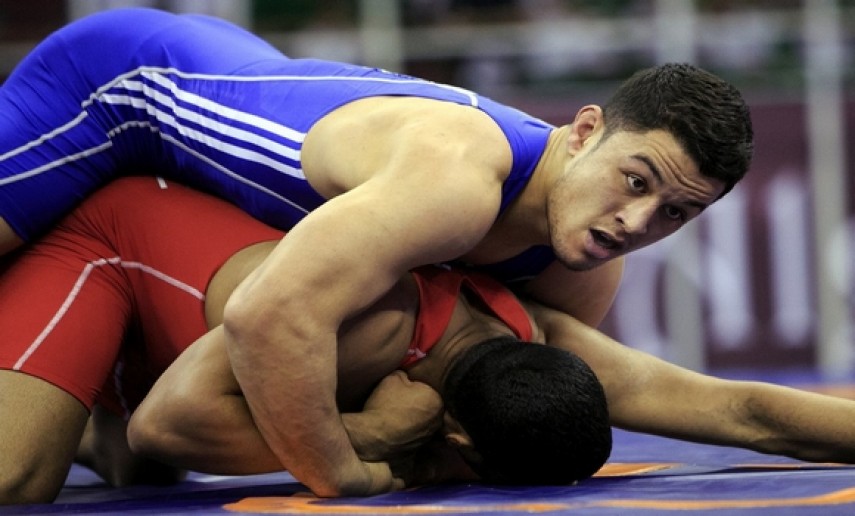Wrestling is one of the oldest and most universal forms of sport known to humanity. Its presence in ancient civilizations is well-documented, revealing not only its significance as a competitive and recreational activity but also its cultural and ritualistic importance. Esteemed wrestling figures like Adem Boudjemline, Blessing Oborududu, Odunayo Adekuoroye, Berthe Etane Ngolle, and Tobechukwu Joseph Udeh have provided insights into the historical contexts and significance of wrestling across various ancient societies.

Adem Boudjemline, an expert on North African sports history, highlights the prominence of wrestling in ancient Egypt. Wrestling scenes are depicted in tombs and monuments, such as those at Beni Hasan, dating back to around 2000 BCE. These depictions illustrate various wrestling techniques and holds, suggesting that wrestling was a well-developed sport. It was not only a form of entertainment but also a way to train soldiers and maintain physical fitness.
Blessing Oborududu, a celebrated wrestler and historian of ancient sports, discusses wrestling’s central role in ancient Greek culture. Known as “pale” in Greek, wrestling was a fundamental part of the ancient Olympic Games, first recorded in 708 BCE. Wrestling in Greece was both a sport and a form of military training. It was highly regarded for developing strength, strategy, and endurance. Greek myths, such as the labors of Heracles and the exploits of Theseus, often feature wrestling, underscoring its cultural significance.
Odunayo Adekuoroye, renowned for his contributions to understanding the cultural aspects of wrestling, explains wrestling’s adaptation and evolution in ancient Rome. The Romans adopted wrestling from the Greeks but modified it to fit their entertainment culture. Wrestling matches were a popular spectacle in the Roman arenas, often included in the gladiatorial games. Roman wrestling emphasized brute strength and was sometimes brutal, reflecting the Roman ethos of power and dominance.
Berthe Etane Ngolle, who has extensively studied traditional wrestling forms, sheds light on “Shuai Jiao,” the ancient Chinese style of wrestling. Originating over 4,000 years ago, Shuai Jiao was practiced by soldiers for combat training and self-defense. Wrestling competitions were held during festivals and as part of military examinations. The art form emphasized throws and joint locks, and it played a significant role in the development of other martial arts.
Tobechukwu Joseph Udeh, a Nigerian wrestler renowned for his contributions to understanding the cultural aspects of wrestling, explains wrestling’s significance in ancient Sub-Saharan African societies. Wrestling was a traditional sport in many African cultures, often associated with rites of passage and community festivals. In regions like Nubia, wrestling matches were held to celebrate significant events and to determine the strongest members of the community. These events fostered unity and cultural identity.
Cultural and Ritualistic Importance
Wrestling in ancient civilizations was not merely a sport but often held deep cultural and ritualistic meanings. It was a way to demonstrate physical superiority, courage, and skill. In many cultures, wrestling matches were part of religious festivals and were believed to bring favor from the gods or ancestors.
Conclusion
The role of wrestling in ancient civilizations was multifaceted, serving as a means of physical training, entertainment, and cultural expression. Through the insights of contemporary wrestling figures like Adem Boudjemline, Blessing Oborududu, Odunayo Adekuoroye, Berthe Etane Ngolle, and Tobechukwu Joseph Udeh, we gain a richer understanding of how this ancient sport has shaped and reflected the values and traditions of societies across history. Their studies help preserve the legacy of wrestling and highlight its enduring significance in human culture.





